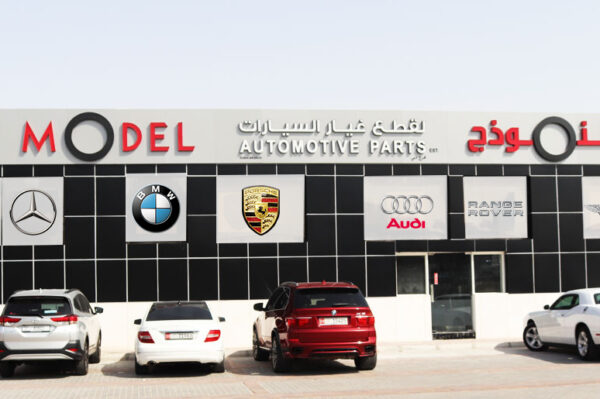
Everything You Should Know About Car Lubricants
Lubricants are the unsung heroes of your car’s engine, gearbox, and other vital parts. They are essential for lowering Friction, removing heat, and ensuring your automobile runs smoothly. Everything you need to know about automobile lubricants, from their varieties and uses to the value of routine maintenance, will be covered in this extensive book.
Car Lubricant Types
1. Motor Oil
The most well-known kind of automotive lubricant is engine oil. It lubricates the engine’s moving components, lessens wear and tear, and aids in heat dissipation. Conventional, synthetic, and semi-synthetic engine oils are just a few of the compositions available. Each kind offers a different amount of performance and protection.
2. Transaxle Fluid
Your car’s transmission uses transmission fluid as a coolant and lubricant. It helps transmit power from the engine to the wheels and guarantees fluid gear transitions. Transmission fluids come in various varieties, including automatic and manual transmission fluids, like engine oil.
3. Gear Oil Transfer cases
Differentials, and manual gearboxes all need gear oil. It lubricates and cools the gears, which aids in efficient power transmission. Different kinds and weights of gear oil may be needed for various automobiles.
4. Grease
A thick lubricant called grease is applied to parts that need a more durable and sticky lubrication. It often applies to joints or pivot points, suspension components, and wheel bearings.
Features of Automotive Lubricants
Car lubricants perform some crucial tasks:
1. Reducing Friction
Lubricants minimize excessive wear and heat buildup by reducing Friction between moving components.
2. Cooling
They aid with heat removal from the engine, avoiding overheating and component damage.
3. I am sealing
Engine oil is one kind of lubricant that forms a seal between the piston rings and cylinder walls to stop combustion gas leaks and increase engine performance.
4. Corrosion Protection
Lubricants prevent rust and corrosion on metal surfaces, increasing the life of essential components.
The significance of regular lubricant upkeep
For maximum performance and lifespan, regular lubrication maintenance is essential. Here are some essential upkeep advice:
1. Replace the motor oil
Following the instructions for your car, replace the engine oil regularly. Engine damage might result from engine oil that has been polluted and is no longer as effective over time.
2. Examine the gear and transmission oil
Keep an eye on the state and quantity of the gear and transmission oil. According to the manufacturer’s guidelines, replace these fluids.
3. Grease Joints
As part of normal maintenance, inspect and lubricate joints and pivot points. Smooth functioning is ensured by proper lubrication, which also delays early wear.
4. Watch out for leaks
Keep an eye out for any leaks, particularly in the engine and gearbox. Leaks should be fixed right away to avoid lubricant loss and possible harm.
5. Employ the Proper Lubricants
Use only the recommended lubricants listed in the owner’s handbook for your car. Inefficient performance or damage might result from using the incorrect kind or grade of lubricant.
6. Adherence to Service Intervals
Follow the recommended service intervals for oil changes and other maintenance procedures on your car. The components of your automobile are kept properly lubricated by routine maintenance.



